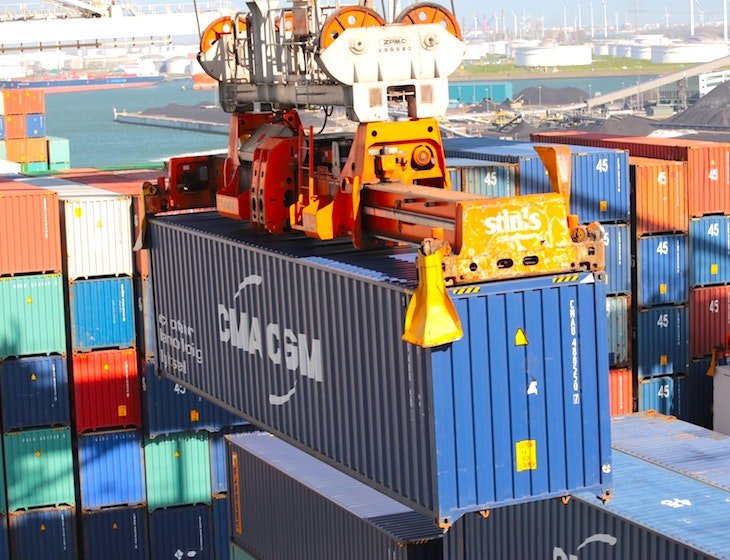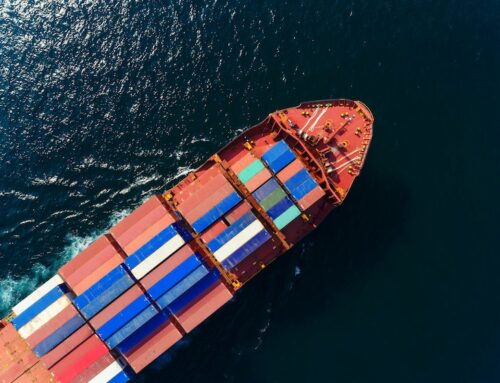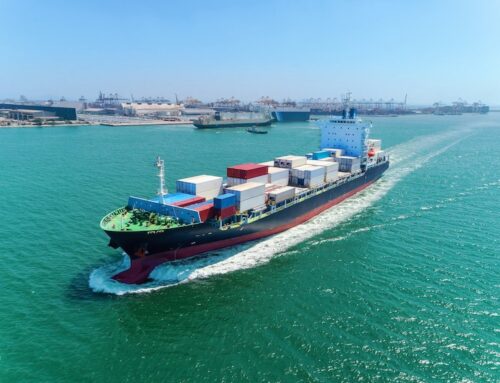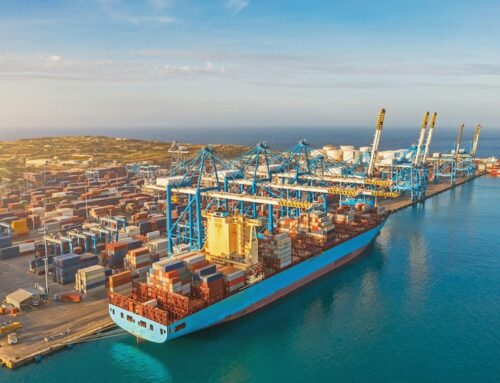Shipping lines divert ships away from the Port of Felixstowe due to congestion, the UK haulage crisis continues to disrupt supply chains and staff shortages at Heathrow create delays to Air Freight shipments. Here is a summary of this week’s main industry news.
Port of Felixstowe Congestion Leads to Vessel Diversions
The Port of Felixstowe is experiencing the impacts of the global supply chain crisis. The pre-Christmas peak, combined with driver shortages, congested landside terminals, and poor vessel schedule reliability has resulted in full inland terminals which are unable to accept new arrivals. There has been widespread media coverage this week about shipping lines rerouting some of its biggest ships away to other European ports with smaller vessels being used to relay containers to the UK.
The build-up of containers at the Port has culminated in rising numbers of ships waiting to berth and dwell time doubling year on year – from 4 days in October 2020 to 8 days. To mitigate the situation with rising volumes of containers on the terminal, the Port has once again refused empty containers in an effort to clear the congestion backlog. Empty containers are being taken to other UK ports incurring additional transport costs. London Gateway has also had to shut its gates to some empties after receiving a flood of containers diverted from Felixstowe. We expect that ports will use cycles of refusing empty container restitution as a tool for managing congestion as we continue through peak season.
Industry experts do not expect the Felixstowe port backlog to clear until early 2022, given the scramble by retailers to import goods before the Christmas retail season and the Chinese New Year holiday in early February, when factories shut down for an extended period across the country.
Driver Shortages Continue to Disrupt Supply Chains
The severe shortage of UK HGV drivers continues to exacerbate the disruption in the UK. The lack of drivers to remove import containers from the ports is one of the main causes of the congestion. The increasing displacement of trucks resulting from the refusal of empty container restitution at Felixstowe and other major UK ports means that further delays to the collection of shipments once they reach the UK are inevitable. In an attempt to ease supply chain problems in the run-up to Christmas, the UK government has announced this morning that the rules on the number of deliveries drivers from the EU can make in the UK are set to be relaxed. Ministers want the rules to change to allow EU drivers to make unlimited deliveries or collections within a 14 day period rather than the current two pick-ups or drop-offs each week. It is hoped these changes will come into effect by December.
Heathrow Staff Shortages Cause Air Freight Delays
Flight schedules from airports in China have now fully resumed following the Golden Week holiday and disruption from previous Covid-19 outbreaks. The availability of space remains tight and will continue to be pressurised over the coming weeks driven by demand for the Christmas retail season, as such rates remain high. Also of note is the disruption of air freight operations from Dhaka airport in Bangladesh. A significant increase in demand and backlogs created by the recent country-wide Covid-19 lockdown has resulted in severe congestion and delays. We expect to continue to see significant delays to air freight services from Bangladesh for the coming weeks.
While schedule reliability of flights has improved, air freight services are being hampered by staff shortages at Heathrow in processing the volume of cargo arriving. We are experiencing cargo waiting at the airport for up to 4 days before discharge. We are monitoring the situation ongoing, however the lack of staff at the airport means that the information we are receiving is limited. We will continue to update customers on a daily basis if a delivery has been affected by these delays.
We thank you for your trust and support, we can assure you that we are doing all we can to maintain the level of service in this most challenging period the supply chain has ever experienced.








